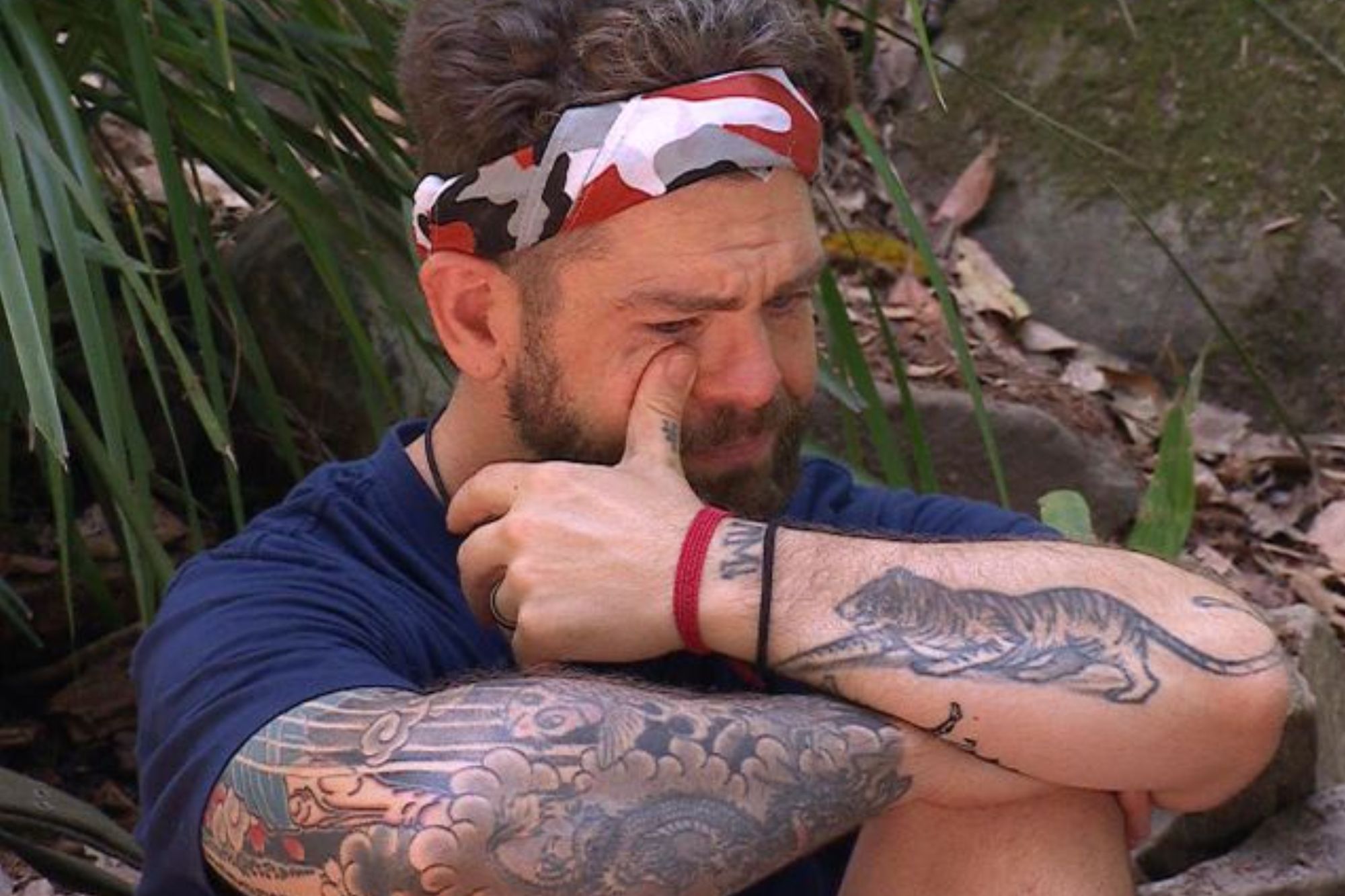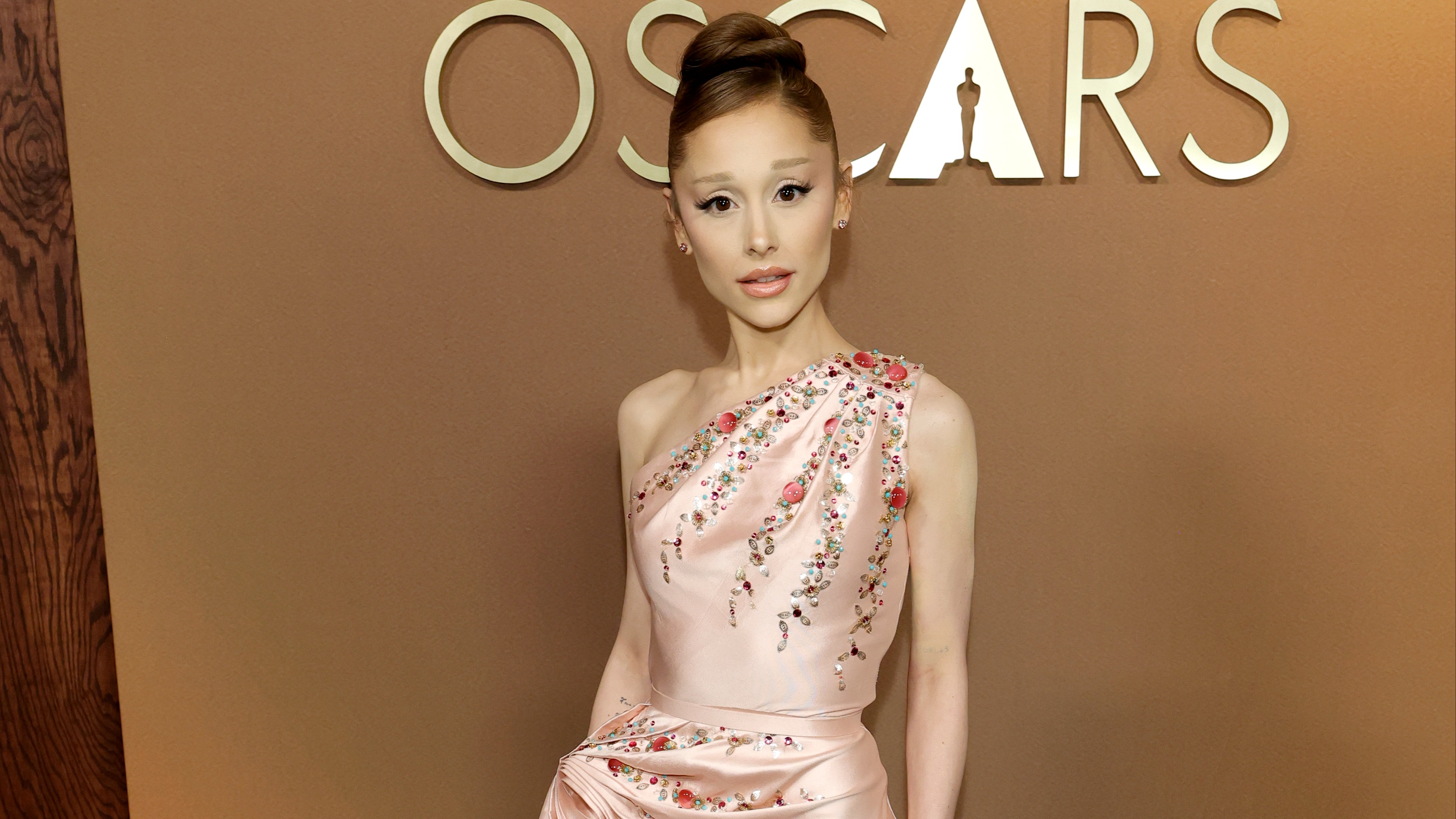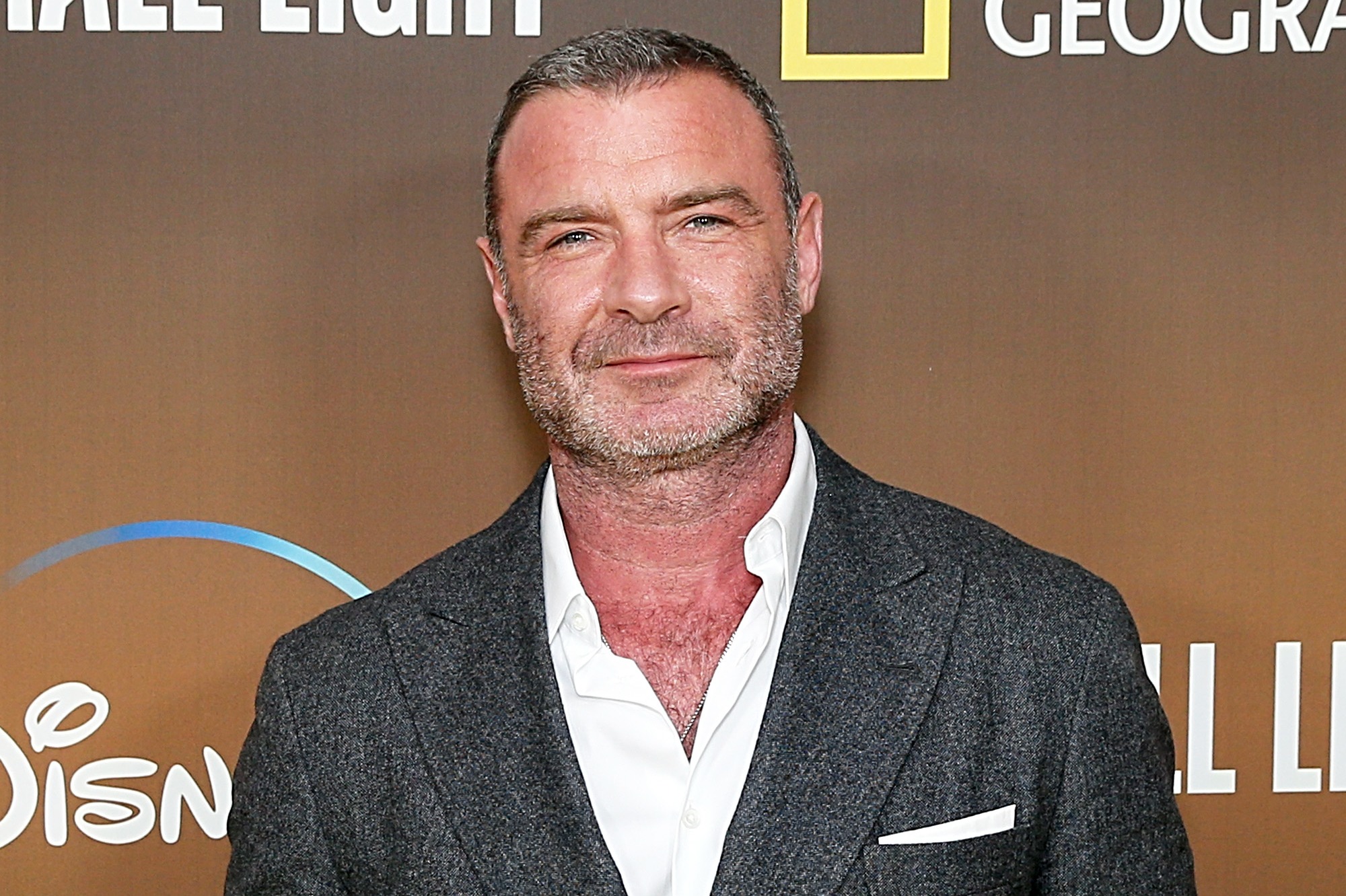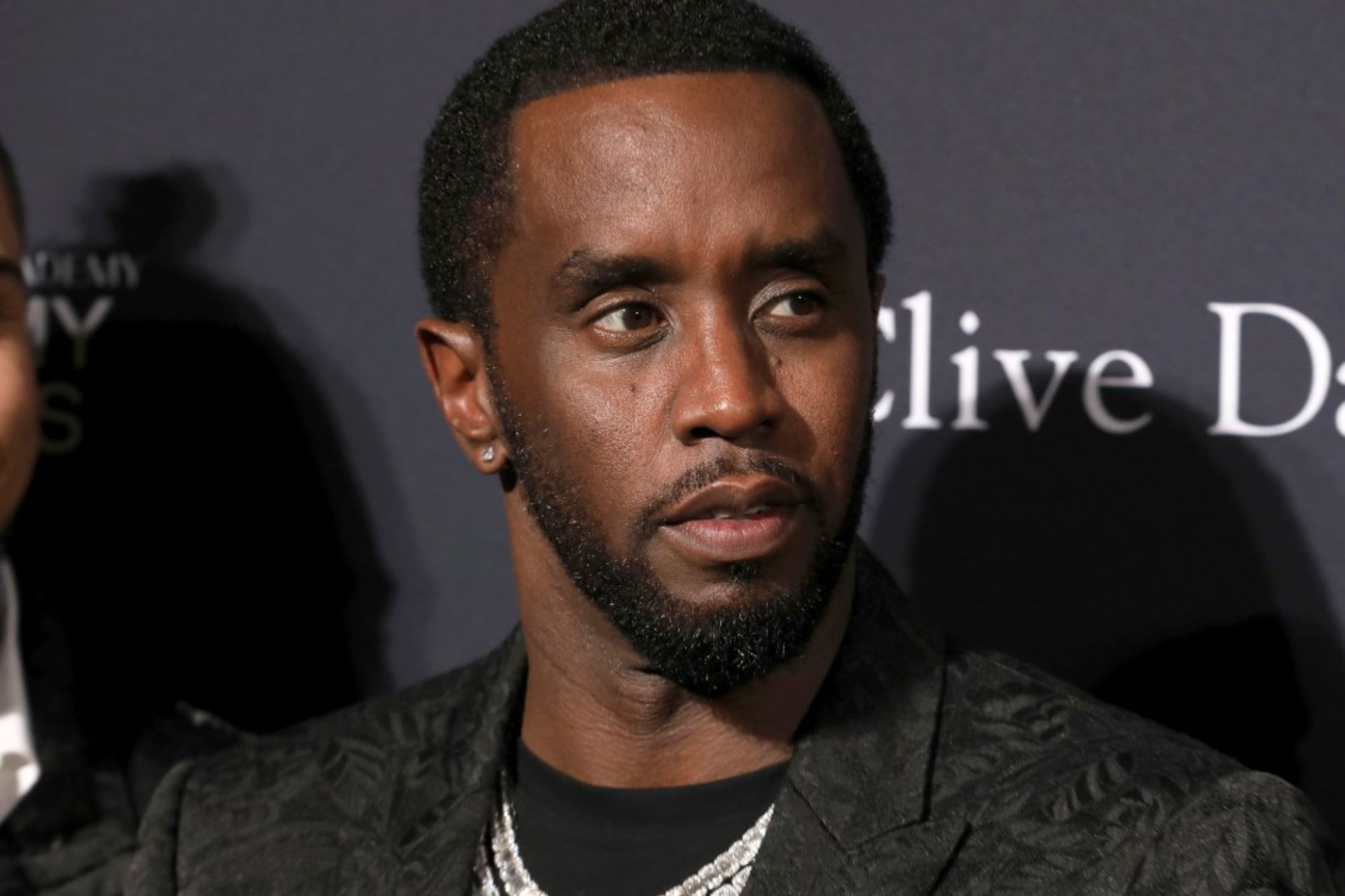Alain Delon Movies: The Best Roles and Iconic Films of the Actor.


Alain Delon is a legendary French actor whose career spans over half a century and dozens of iconic films. He became a symbol of French cinema and one of the most recognizable stars of world cinema in the 20th century.
His charisma, deep gaze, and unique charm allowed Delon to create memorable images that stayed with viewers for years. Unfortunately, this actor is now just a part of history.
Best Movies with Alain Delon
His roles are noted for psychological depth and precision, and the actor often performed complex, multifaceted characters — from cold-blooded antagonists to sensitive and dramatic heroes. Delon collaborated multiple times with leading directors from France and Italy, including Jean-Pierre Melville, Luc Besson, and Louis Malle. His works are characterized by a high artistic level, and the actor himself became an icon of style and elegance of his Time, remaining relevant even for modern audiences.
Alain Delon's career includes hundreds of film projects, but a few of them became truly iconic works that defined his name in the history of world cinema. Among such films are classic crime dramas, detective stories, and psychological thrillers. Delon masterfully combines coldness and sensitivity, with his characters always possessing inner strength and charisma. He skillfully works in both French and European cinema, allowing his works to gain international recognition.
An especially important aspect of the actor's career is his ability to create characters with deep psychological subtext, where every movement and gaze has meaning. Alain Delon has always been distinguished by the absence of excessive theatricality, and his performance stands out for its naturalness and persuasiveness.
Samurai
The film 'Samurai' (1967) became one of the key works in Delon's career. Director Jean-Pierre Melville created a unique crime thriller where Delon plays a cold-blooded killer who strictly adheres to his own code of honor. His character is a master of his craft, solitary and extremely cautious in performing tasks, but at the same time filled with inner turmoil and moral dilemmas. 'Samurai' became a symbol of style and elegance in French crime cinema and strengthened Delon's reputation as an actor capable of combining toughness and psychological depth.
The Red Circle
In the film 'The Red Circle' (Le Cercle Rouge, 1970), Alain Delon appears as Corey — an embodiment of a restrained, disciplined criminal who lives by his own code of honor. His hero is an experienced thief who is released from prison and plans the perfect robbery of a jewelry store but finds himself in a confrontation not only with the police but also with his own fate. Delon in this role is the embodiment of absolute coldness: he speaks little, but each gaze, each movement is filled with inner strength and self-control. His performance requires no superfluous words — the actor conveys tension through facial expressions, gestures, and silence, creating a sense of invisible drama.

Director Jean-Pierre Melville created a world where criminals are not just lawbreakers but a kind of philosophers of the shadows, people who live by their own moral principles. The atmosphere of the film is cold, minimalist, filled with symbolism. Melville himself said that there is no room for coincidences in 'The Red Circle': all heroes move towards their fate as if along a closed circle. Delon brilliantly fit into this concept — his hero does not seek redemption; he accepts his own doom with dignity. Thanks to this role, the actor confirmed his reputation as a master of concise but deep characters, where tension arises not from words but from silence.
'The Red Circle' became not just a criminal story but one of the greatest French noirs that defined the future style of the genre. The film influenced an entire generation of filmmakers, including Martin Scorsese and Michael Mann, who later repeatedly mentioned Melville as their inspiration. In this film, Delon finally transformed into a symbol of the elegant anti-hero — a person where cold reason is combined with invisible tragedy.
Plein Soleil / Purple Sun
The film 'Plein Soleil' (1960), also known as 'Purple Sun', became a real breakthrough in the career of young Alain Delon. The film, based on Patricia Highsmith's novel 'The Talented Mr. Ripley', brought the actor international recognition. His hero is Tom Ripley, an attractive yet dangerous young man who enters a world of luxury, deceit, and ambition. Delon demonstrated how masterfully he could transform into a character balancing between charm and cold brutality.
His performance in the film is a subtle exploration of human nature, where a seemingly pleasant person hides a dark, almost demonic essence. Delon in the role of Ripley created an image that has become iconic: outer beauty and confidence contrast with inner madness and alienation. This film introduced the world to a new type of movie hero — an intellectual criminal who wins the audience's sympathy despite his own immorality.

Thanks to director René Clément, who skillfully worked with light, color, and shadow, 'Purple Sun' acquired an aesthetic that borderlines between thriller and psychological drama. Delon was able to combine emotional depth and external restraint, making his hero vivid, contradictory, and multidimensional. After the premiere, critics called him 'the new face of French cinema', and the world finally recognized that a star of European scale was born.
Monsieur Klein
The film 'Monsieur Klein' (1976) became one of the most complex and profound roles of Alain Delon. This film, directed by Joseph Losey, is not just a drama but a psychological allegory about the loss of identity and moral ambiguity during the occupation of France. Delon plays art dealer Robert Klein, who accidentally comes under suspicion of being Jewish and gets trapped in an absurd bureaucratic system.
For Delon, this role became pivotal — he rejected the usual persona of the cold-blooded criminal and faced the audience as an intellectual filled with doubts and fears. The actor managed to convey the gradual destruction of a person's personality, pushed to doubt their own 'I' by society. His hero is not just a victim, but a reflection of a whole generation that lost its footing during the war.
The film is marked by deep philosophical insights: there are no simple answers, and the atmosphere of anxiety intensifies with each scene. Delon, who also served as the producer of the film, showed that he is not only a charismatic actor but also a true artist capable of thinking broadly and dramatically. 'Monsieur Klein' became a kind of proof of his maturity — a film where emotional restraint combines with existential depth, and the actor's image goes far beyond his previous personas.
The Sicilian Clan

The film 'The Sicilian Clan' (1969) is based on Mario Puzo's novel and showcases Delon's acting talent in the role of a young gangster who must balance his own beliefs with the strict laws of the mafia. Delon impresses with his charisma and inner strength, conveying the complex character of the hero, making his image memorable and influential.
Swimming Pool
In the psychological thriller 'Swimming Pool' (1969), Delon played the role of a man whose personal drama unfolds against the backdrop of tense interpersonal conflicts. His character impresses with elegance, sophistication, and depth of inner world. This film once again confirmed the actor's ability to convey complex emotions through facial expressions, gaze, and gestures, which became his recognizable acting hallmark.
The Adventurers
The film 'The Adventurers' (1967) showcases Alain Delon as a charismatic and fearless hero who is not afraid to take risks and embark on dangerous adventures. His character is a combination of strength, determination, and inner morality, making him the central figure of the film. Delon successfully conveys the psychological tension and emotional experience of the hero, adding depth and drama to the film. His performance in this film highlights the actor's ability to create characters that simultaneously attract the viewer and evoke empathy.
In 'The Adventurers', special attention is paid not only to action scenes but also to the inner development of the character. Delon demonstrates the ability to combine physical activity with psychological depth, making his hero multidimensional and interesting for the audience. His participation in the film contributed to the formation of the image of the ideal movie hero of that time — a brave, decisive, and attractive person who leaves an unforgettable impression.
Police Story
In the film 'Police Story' (1973), Alain Delon plays the role of a detective who finds himself at the center of complicated criminal events. His hero is a professional who can solve complex situations thanks to a cool mind and strategic thinking. Delon masterfully conveys the internal tension of the character, balancing between determination and emotional vulnerability.

A feature of this film is the demonstration of the moral dilemmas the hero faces. Delon conveys the internal contradictions, making his character lively and convincing. The film became an important stage in the actor's career, as it showcased his ability to work in the genre of police thrillers, combining drama and tension with deep psychological insight.
Borsalino

'Borsalino' (1970) is a classic of the crime genre, where Delon plays the role of a mafia member in the mid-20th century. His character is marked by charisma, manipulation skills, and inner discipline. The actor creates an image of a complex and multifaceted hero, whose charisma attracts the audience, and internal conflicts add dramatic tension.
In 'Borsalino', Delon demonstrates the ability to convey psychological depth even in the crime genre, where action usually dominates. His character is at once a symbol of elegance and coldness, which became the actor's signature. The film solidified Delon's reputation as one of the leading actors in European cinema and added new shades of charisma and authority to his on-screen image.
Read also
- The Gosselin Sisters reunited in New York: how the sisters spent their time
- Real Housewives Star Detained on Plane: What Happened to Porsha Williams
- The Death of Ozzy Osbourne: What Happened to the Rock Legend 17 Days After His Farewell Concert
- Ariana Grande Returns to the Red Carpet After Attack: What We Know About the Perpetrator
- Liev Schreiber hospitalized urgently in New York: what happened to the actor
- New allegations against Diddy: another case is being investigated in Los Angeles








